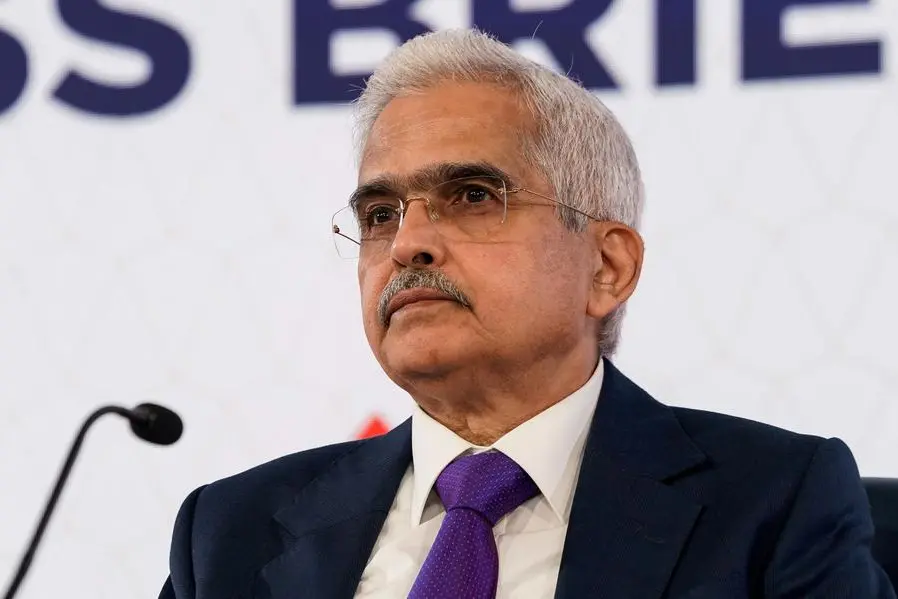PHOTO
Indian banks should have adequate capital buffers and liquidity and be ready to report earnings even under macroeconomic stress, the country's central bank chief said on Thursday.
"Our approach has been to enhance the resilience as well as the robustness of the financial sector so that individual entities effectively withstand stressful situations and continue to contribute to the economic development of the country," Reserve Bank of India Governor Shaktikanta Das said at an event in Mumbai.
As the banking regulator, the RBI has gone beyond in this regard, nudging entities to build adequate capital buffers in times of plenty, Das said.
The central bank is now looking at the business models of banks more closely, Das said. He said business models can sometimes create risks in certain parts of their balance sheets which can eventually blow out into a bigger crisis.
Das' comments come as the collapse of three mid-sized U.S. banks in March led to turbulence in the U.S. and European banking sectors, igniting fears of a spillover in India.
India's banking system has remained resilient and unaffected by sparks of instability witnessed by some advanced economies, Das said.
The gross non-performing asset (NPA) ratio of banks in India was 4.41% at the end of December 2022, down from 5.8% on March 31, 2022, he added.
However, the RBI expects the management of banks and regulated entities to continuously assess financial risks, and focus on building adequate capital and liquidity buffers, Das said. The regulator's approach has been to flag any deficiency to banks' boards, he added.
The RBI is also doing a fresh assessment of the quality and coverage of statutory branch audits of private banks, the governor said, stressing the need for governance and adequate audits across regulatory entities.
The RBI "remains committed to future-proofing the Indian financial system and providing the required support for sustainable growth", Das added. (Reporting Siddhi Nayak in Mumbai, writing by Shilpa Jamkhandikar; Editing by Jacqueline Wong and Sohini Goswami)




















